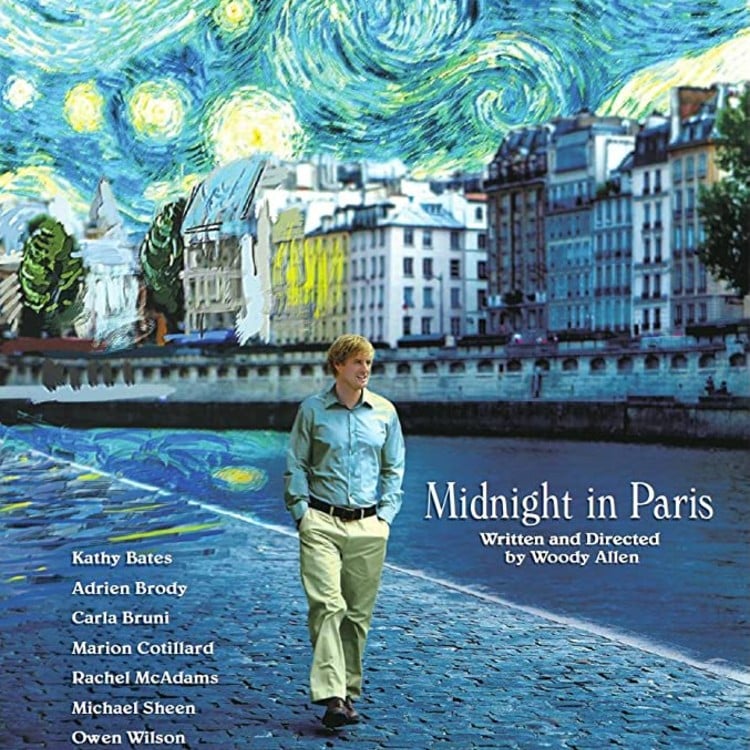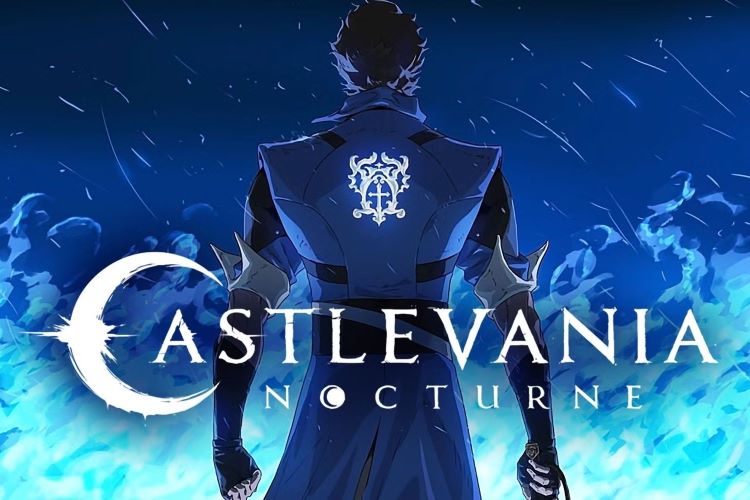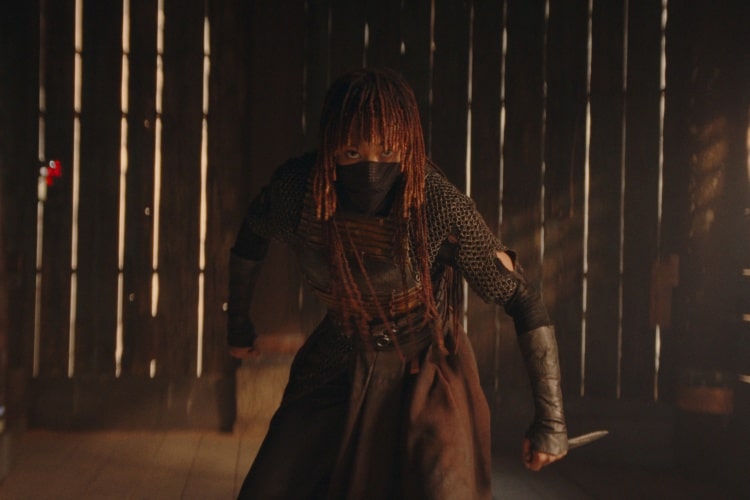Woody and Owen’s Bogus Adventure
Main Cast: Owen Wilson, Rachel McAdams, Michael Sheen
Director: Woody Allen
Midnight In Paris is a silly, little movie about how easy and how futile it is to romanticize out-of-reach times and places. On one hand, it’s a beautifully photographed picture postcard book of a movie. In fact, the first five or ten minutes of it are a wordless, story-less slide show of a day in the life of Paris, albeit set to the soothing sounds of a shrieking jazz clarinet. Those opening shots of the city, following it through a bustling morning, a rainy afternoon, and a glittery evening, are pure tourism porn. It’s a lovely prelude to the story the follows and in hindsight, it even sort of elevates the otherwise obvious, on-the-nose points the movie has to make about romantic ideals.
Oh, but then there’s the story: Owen Wilson plays Gil, a very successful Hollywood screenwriter who, despite his success, feels under-accomplished. So he’s decided to write a novel – the story of a man who runs a nostalgia shop, the kind of place that sells Betty Boop refrigerator magnets. Rachel McAdams plays his fiancee, Inez – a California blond, who is at first indulgent of Gil’s endeavors, but grows more impatient (and proportionately less tolerable as a person) as the story progresses. Gil and Inez are vacationing in Paris with Inez’s deeply pocketed and, it must be said, deeply Republican parents. Because they are Republicans, they hate France. Because Gil newly fancies himself a serious writer, he wants to move to Paris, just like all the other serious artists once did.
At a restaurant, they run into McAdams’s old friend (ex-boyfriend) Paul (Michael Sheen), a smarmy and relentless pedant who (insists he) knows more about France than the French, and who apparently has a taste for sycophantic, self-abnegating women. Gil, correctly, finds Paul insufferable, so when Paul and his self-abnegating sycophant-du-jour suggest a couples night on the town, Gil hems and haws his way out of going along even as McAdams has decided she’s going to go, with or without Gil. Left alone, Gil wanders around Paris until he gets lost.
As the clock strikes 12, a 1920s era car pulls up and a small flock of swingin’ dandies open the door and beckon Gil to join them. They arrive at a swell party, where Gil meets F. Scott and Zelda Fitzgerald and Cole Porter – not people dressed up as these people, but the actual people themselves, living it up in their native era. The Fitzgeralds, in turn, introduce Gil to Ernest Hemingway (Corey Stoll) who introduces him to Gertrude Stein (Kathy Bates, gone full lesbian) who introduces him to Pablo Picasso, and Salvador Dali (Adrien Brody).
These artists are played as celebrity impressions more than real characters. Stein is a profound and nurturing truth-teller. Ernest is a heavy-drinking, “truth”-obsessed man’s man who speaks in declarative four syllable sentences. Picasso is an egotistical womanizer. The Fitzgeralds are, like, debonair and stuff. Cole Porter sings and plays the piano! Not only are they all exactly as Gil’s always imagined them to be (perhaps demonstrating the real limits of Gil’s Hollywood hitwriter’s imagination) but they also find Gil a swell guy, a promising talent, and, to a 1920s costume designer named Adriana (who romanticizes the Belle Epoque the same way Gil does the Lost Generation), a covetable lover.
It’s hard to dislike Owen Wilson in the part of Gil – but you learn to. He gives Woody Allen’s neurotic stammer a no-less-stuttery SoCal spin, and he greets each historical figure he meets with the struck-dumb(er) wonder of Bill and Ted, even after the novelty of running into famous dead artists starts to fade. But when you come to understand that his late night excellent adventures may, in fact, be arising out of his own romantic (and aspirational) imagination – Scott Fitzgerald is my new BFF and Ernest Hemingway is my love guru! Pablo Picasso’s girlfriend thinks I’m hot! Gertrude Stein read my book and she thought it was totally awesome! – he starts to seem as shallow and self-aggrandizing as the loathsome Paul – except worse than that, because he holds virtually all of his 21st Century contemporaries in Allen-esque contempt.
Wilson does land one solid laugh-out-loud moment when he lays the smack down on one of Paul’s lectures with some intimate, first-hand knowledge on the origins of a particular Picasso painting (an echo of an earlier moment when a tour guide played by Carla Bruni corrects Paul on a biographical detail about the sculptor Rodin). As Inez, Rachel McAdams spends most of the movie shopping, needling Gil about his ambitions, or ooh-ing and cooing over Paul’s intellectual (and physical) prowess. It’s the kind of role you might expect a freshly divorced man to have written for her; and the fact that you really don’t get all that invested in Gil and Inez as a couple makes the story of their probably-unraveling relationship low-stakes and tedious.
Midnight in Paris is frivolous without being fun. It’s not boring so much as disappointing in the laziness and superficiality of its portraits of Gil’s artistic heroes. Even if they are the product of his limited, self-involved imagination, you would think there might be something – anything – unexpected about them, something that would defy Gil’s expectations of them and surprise him (and us). (There is a teaching-moment surprise in the time travel, but it’s not character-driven so much as it’s a plot-device-within-the-plot-device machination.) The lessons Gil learns from his time travel seem so obvious that the whole device (and the device-within-the-device) seemed wasted and gratuitous. (I mean, if you’re going to bring Ernest Hemingway and Gertrude Stein into, then friggin’ bring it!) Ultimately, Midnight in Paris is just a sad, bogus journey.







Leave a Reply